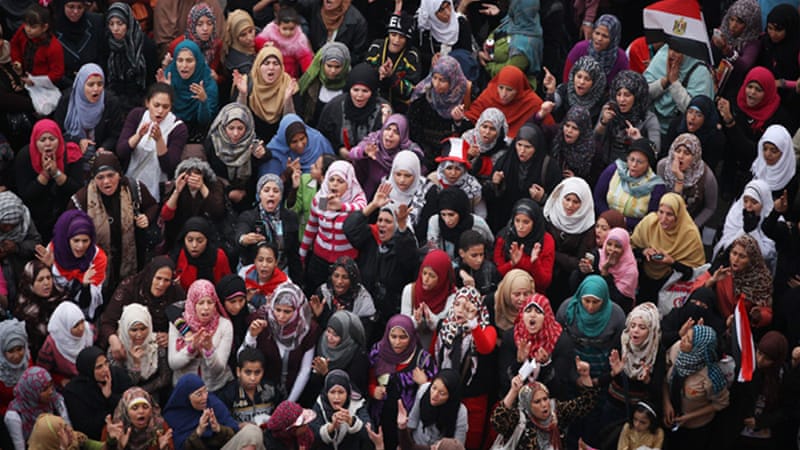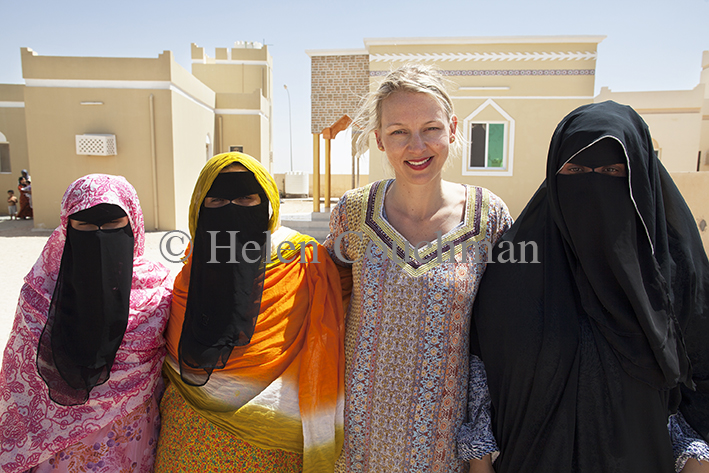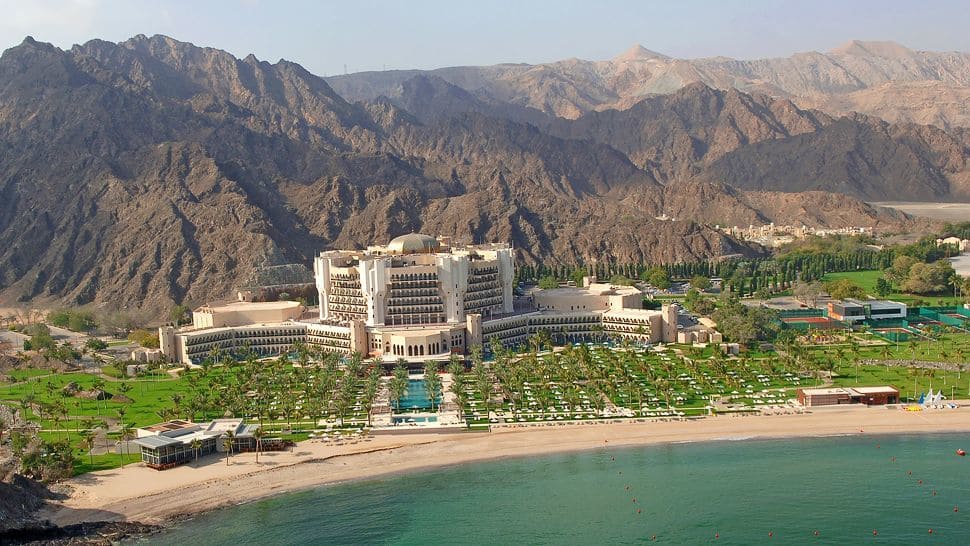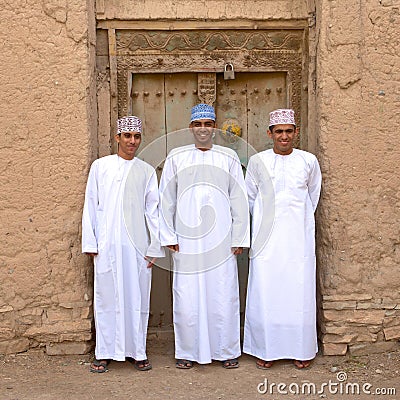The only uncovered physician sitting across from me is a department chair from Kuwait. I want to explore how she feels about this segregation. Certainly, I won’t ask her and others a direct question. However, since my hostess already told me with great satisfaction that Oman is different from Saudi Arabia in that women don’t have to wear veils, gloves, thick stockings, foreign nationals are not expected to cover their hair, and polygamy is not practiced any more, I want to verify this and start a discussion.
I ask her specifically, with the hope of creating a stronger alliance with a woman who exposes her hair in a professional setting “What are the cultural differences among the GCC countries?” She declares that Kuwait doesn’t have a king and it has a parliamentarian democracy. This is different than Oman’s, since Oman has a people’s house that consists of elected representatives. My hostess had told me this house drafts laws, which are then sent to another house consisting of parliamentarians appointed by the “government”. If any conflict, the two houses have to convene to debate and come to consensus. If no consensus, who makes the final decision, she didn’t tell, I didn’t ask, yet.
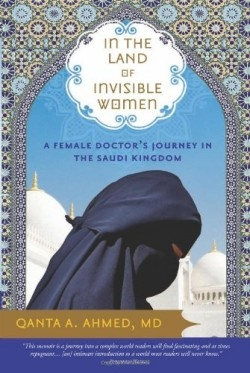 |
| I think, this is a book everybody needs to read including Saudi women and men. |
However, the Kuwaiti department chair and her colleagues report that there isn’t much else that is different, really. Really? Even between them and Saudi Arabia? They understand I am asking about women’s status in Saudi Arabia, but response is somewhat defensive. Especially, when I tell them about “In the Land of invisible women”, written by a Pakistani, Muslim, female surgeon, the department chair becomes argumentative; I understand I pushed too far. I end up playing it down and tell her that I am just trying to understand the circumstances of the Gulf, since Oman seems to be so “democratic”. Her response is that she can walk in her attire (a dress suit with no head cover) in Jiddah and other Saudi Arabian cities and nobody would mind. When I ask her whether that is true in Riyadh, her response is a reluctant “Well, Riyadh is different” and bitterly orders me “The Pakistanis don’t have any idea about Islam, you need to choose whose information you can trust carefully”. That’s what I will do is what I end up telling her to end this unhelpful “discussion”, relatively peacefully.
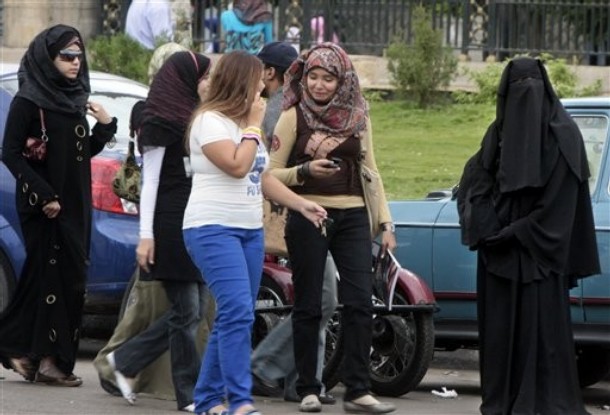 |
| Qatar women apparently dress in variety of level of conservativeness. |
I wonder how much despair this woman is in: Clearly, she is a relatively modern woman, even in this conservative section of the Middle East, she carries herself in western attire. Does she regret that her fellow female colleagues are not culturally or politically not allowed to do the same?Does she feel her dreams about women’s freedoms in her land did not come true? Does she feel inadequate in making those dreams come true? Has she ever had any such dreams? Was her hardly controlled anger related to something unfinished inside of her? When, she heads toward the lonely journey to meet her death, how fulfilled will she feel? Does she feel her time is running out and her life is slipping away? How is this closed in way of life effecting her and her fellow region-men and women in connecting with each other? Do they feel isolated? Do they know isolation only exists in isolation, once shared it evaporates? I wonder how long of a connection with these people will be enough for me to answer all these questions…
How do they justify living under a sultan’s and his family’s rule in this day and age? It is surprising to hear that everybody I talked to tells me they have a great king, perhaps they have to say that. They tell me, he was the one, who started an educational campaign in the country, sending post-professional men and women abroad to learn higher skills to return and start programs in the country, etc… One male doctor goes even further and says,“Countries in this region need a king, look what is happening in Egypt and Syria”… Wow, as long as there is stability, even if it is a monarch or fascist (as in Saudi Arabia or Iran or in Turkey, for that matter), it doesn’t matter? What would the Saudi family do if the people of Saudi Arabia requested to go for a referendum for a fully parliamentarian system?
 |
| Despite seeming economic stability in Turkey, women, Turkish or Kurdish are still fighting for their rights and against violence against women. |
As I read Yalom, he recommends people to see the value of regret. “If you turn your gaze toward the past, you experience regret for all that you have not fulfilled. If you turn your gaze toward the future, you experience the possibility of either amassing more regrets or living in a way to change your trajectory toward freedom from regrets.” Can the people of this region take action to change their lifestyles, toward one that will allow them no more regrets? Or are they going to find themselves always in a position to defend what they have even when they believe deep in their hearts that they deserve better as intelligent beings? My heart goes to them even in their defensiveness…
 |
| New co-ed univeristy in Jiddah allowing women to get dressed as they please. |
The female department chair argues “ I can walk like this in Jiddah” while omitting to tell me that as soon as getting off the plane in Riyadh, every woman, Arab or not has to wear an abaya, one piece black cloth that converts women into identity-free triangles, no name, no face, no hands, no feet, just two eyes perhaps, or not even that. No questioning of why that is, just accepting what is available. I am sensing more and more that people are loaded with guilt, too, for not being able to change things for women. When issues they are sensitive to come to discussion, they become slightly defensive for what they can’t change. This defensiveness in and of itself is an indication of awakening. I wish, instead of distracting themselves by defensiveness, they could savor their awakening, and take advantage of it to awaken others. However, who knows what kind of political circumstances they are in. Could their safety be at risk if they uttered critical statements toward their sultan, their government, etc? Who knows… I must be understanding, empathic, and careful about that both for their sake and for mine.
 |
| Dress code for ladies even for elementary school girls in Riyadh |
It is disturbing, too, though since these observations bring lots of flashbacks from Turkey for me. Turkey has been in the grips of radical Islamists’ for the last 12-13 years. Yes, the AKP, ruling party, put up all public enterprises for sale and fed likeminded capitalists with the free flowing cash, and created and Islamic capitalist group. In addition, he distributed some of this new-found cash to the poorest in the form of payment for their votes. Thus, both the upper class and lower class have been supporting AKP: This process proved that as long as economy is stable, masses of ignorant people don’t care about democracy. When true intellectuals and democrats scream out loud on where the current rule in Turkey is taking us to, which might be Islamic fascism, nobody cares. My mind is full of questions drawing parallels between what is happening in Turkey and what is in the Gulf countries… We will see how things will unfold with my follow up trips…
